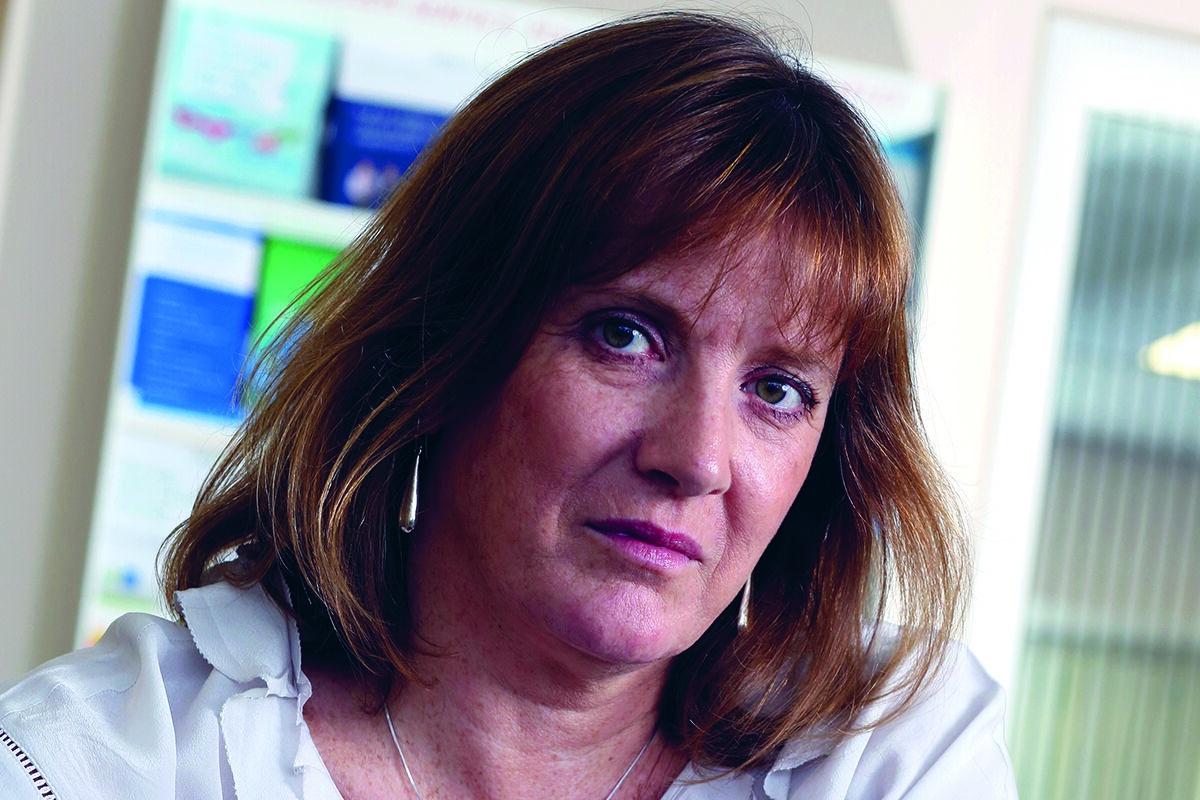Jobs
NHS England director admits GP trainee jobs ‘are not there for them’

The jobs that newly qualified GPs would want ‘are not there for them’, NHS England’s national director of primary care has admitted.
Dr Amanda Doyle made the comments in a talk on best practices in primary care at the NHS Confederation Expo in Manchester this morning.
She said that NHS England has heard from young GPs who have said ‘we are qualified, we want to take roles in this country, but the sorts of jobs we want aren’t there for us’.
It comes after the BMA warned that thousands of newly qualified GPs could be unemployed this August due to a ‘nearly non-existent’ job market in some areas.
Pulse has reported on several examples of GPs struggling to find work or redundancies in recent months, and the BMA GP Committee for England has recently warned that general practice has moved from a recruitment to an employment crisis.
During the talk, attended by Pulse, Dr Doyle said: ‘[Younger GPs] do want to come and they do want to practice, and we are seeing this year that this has flipped a bit – the noise we are hearing now is “actually the jobs we want aren’t there for us” and “we are qualified, we want to take roles in this country but the sorts of jobs we want aren’t there for us”, and we have to respond to that.’
However, she said that ‘hardly anybody’ qualifying as a GP this year wants to be a partner and that general practice ‘needs to evolve’ to ‘make sure it is attractive for a new generation of clinicians’.
She said: ‘The day I completed training, I became a partner and I stayed as a partner in that practice for 25 years. And it never entered my head that there was another career path that I might want.
‘But hardly anybody who is completing training this year wants that – we have got a different generation and general practice is no different from the whole rest of society or the economy in that the current younger generation want something different, and they want flexibility.
‘They don’t want to be tied down, they want career progression, they want the ability to move, they want the ability to do different things that they see are exciting.’
Recently a Pulse survey of 612 GP partners revealed that there has been a 44% reduction in the number of GP vacancies advertised since the same month in 2022 and GP leaders attributed this reduction in vacancies to a number of factors, including an increase in the ARRS success in hiring staff and a lack of resources.
The inclusion of GPs in ARRS had been a ‘red line’ for GPCE in 2024/25 contract negotiations but NHS England declined the request on the basis that GPs are core, rather than additional workforce in practices.
But this has led to increased competition for the fewer salaried GP vacancies that are available, with some recent job adverts receiving over 40 applications.
The BMA has also demanded that next Government take urgent action to address GP unemployment, in its general election manifesto.
Yesterday, BMA council chair Dr Philip Banfield criticised the Tory manifesto, which focused on cutting taxes, including National Insurance by further 2p.
He said pledges to recruit more doctors and improve access to GP appointments ‘are likely to fall flat’ if the Conservatives ‘don’t address the elephant in the room’, i.e. ‘retaining doctors’.
He said: ‘In general practice, any promises to free-up capacity will be impossible to keep if a future Conservative government maintains its position of refusing to invest in adequately funding general practice, with a contract in England that prevents surgeries from hiring GPs, leaving the absurd situation where many family doctors can’t find work despite people being desperate for GP appointments.’










